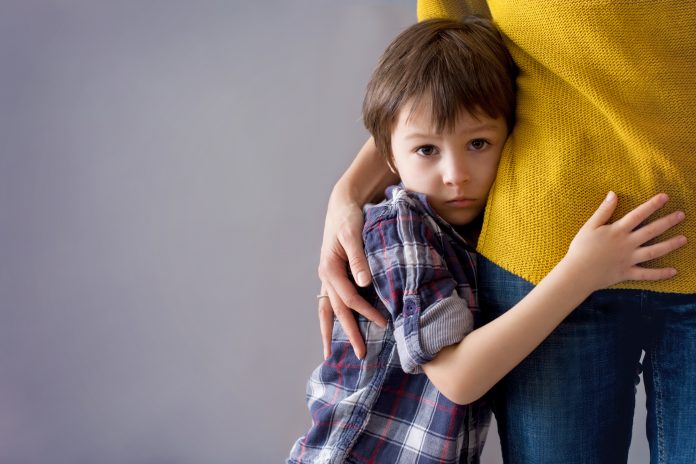Australia’s child mental health system is buckling under the strain of current demand and the effect will be felt for decades said Professor Helen Milroy at the launch of this year’s Australian Mental Health Prize at UNSW Sydney, calling for nominations from the public.
The prize, now in its sixth year, recognises Australians who have made outstanding contributions to the promotion of mental health or the prevention and treatment of mental illness.
Professor Milroy, descendant of the Palyku people of the Pilbara region, is recognised as Australia’s first Indigenous medical doctor, and was one of the winners of the 2020 Australian Mental Health Prize. She is the current WA Australian of the Year and is Commissioner of the Australian Mental Health Commission.
Professor Milroy says there has been investment into adolescent and youth services in recent years but nothing significant for services which deal with children under 12 years old.
“The underinvestment in child mental health services has continued for well over a decade and we cannot keep up with the demand,” she says.
“The mental health systems for children are so under resourced and poorly supported in Australia that the capacity to respond to children early in life and early in illness is severely compromised.”
Professor Milroy says decades of evidence shows that intervening in the lives of very young children with the right mental health services would save a lot of misery and harm later.
“Many of the mental health problems faced later in life have their beginnings in childhood. The early years are such an important part of development and yet the significant changes that can occur in the brain due to significant adverse experiences are often overlooked until it is too late, and the intervention required for healing and recovery is much more difficult,” she says.
“We have the knowledge, evidence and interventions but they are just not funded effectively nor prioritised for action. It appears the system would rather spend more money later when things are much more difficult.”
Professor Milroy says it’s a misconception to think of child mental health as child’s play.
“We would never ignore a significant physical injury to a child. In fact, they would be able to access timely, effective and expert care. Yet the psychological injury or challenge is completely ignored. The mind needs to be able to heal and get back on track during development just like the rest of the body.”
Professor Milroy says the Covid-19 pandemic has exacerbated many pre-existing conditions and created new problems for children, families and development.
“It can be difficult to understand what a mental health challenge is for a child compared to what we see in youth or adults, but there is mounting evidence for not only prevention but also for comprehensive, evidence based early intervention. We only get one chance at childhood, can’t we pull together and give kids the best outcome possible?” she says.
Recognition for mental health sector
Co-chair of the Australian Mental Health Prize Advisory Group, Lucy Brogden, agrees with Professor Milroy’s comments and says awards for contributions to mental health are often adult focused.
“Having the work in child mental health recognised is more important than ever given this field lays the foundation for better mental health and wellbeing later in life,” says Ms Brogden.
Fellow co-chair Professor Allan Fels says the prize ensures mental health stays top of mind for Australians.
“It’s important for those working in the mental health sector to recognise the progress our colleagues are making in research and improving patient outcomes. This prize helps to improve mental health care in Australia,” he says.
UNSW Dean of Medicine & Health, Professor Vlado Perkovic says UNSW Medicine places high importance on mental health research and works with many other mental health institutions and individuals in this area.
“We encourage clinicians, health professionals, community groups and individuals to nominate people whom they feel are making a real difference in the area of mental health research, advocacy or service delivery for the 2021 Australian Mental Health Prize,” he says.
“Mental illness is something that affects our whole community, and the Australian Mental Health Prize is a valuable way to highlight progress being made in this space.”







